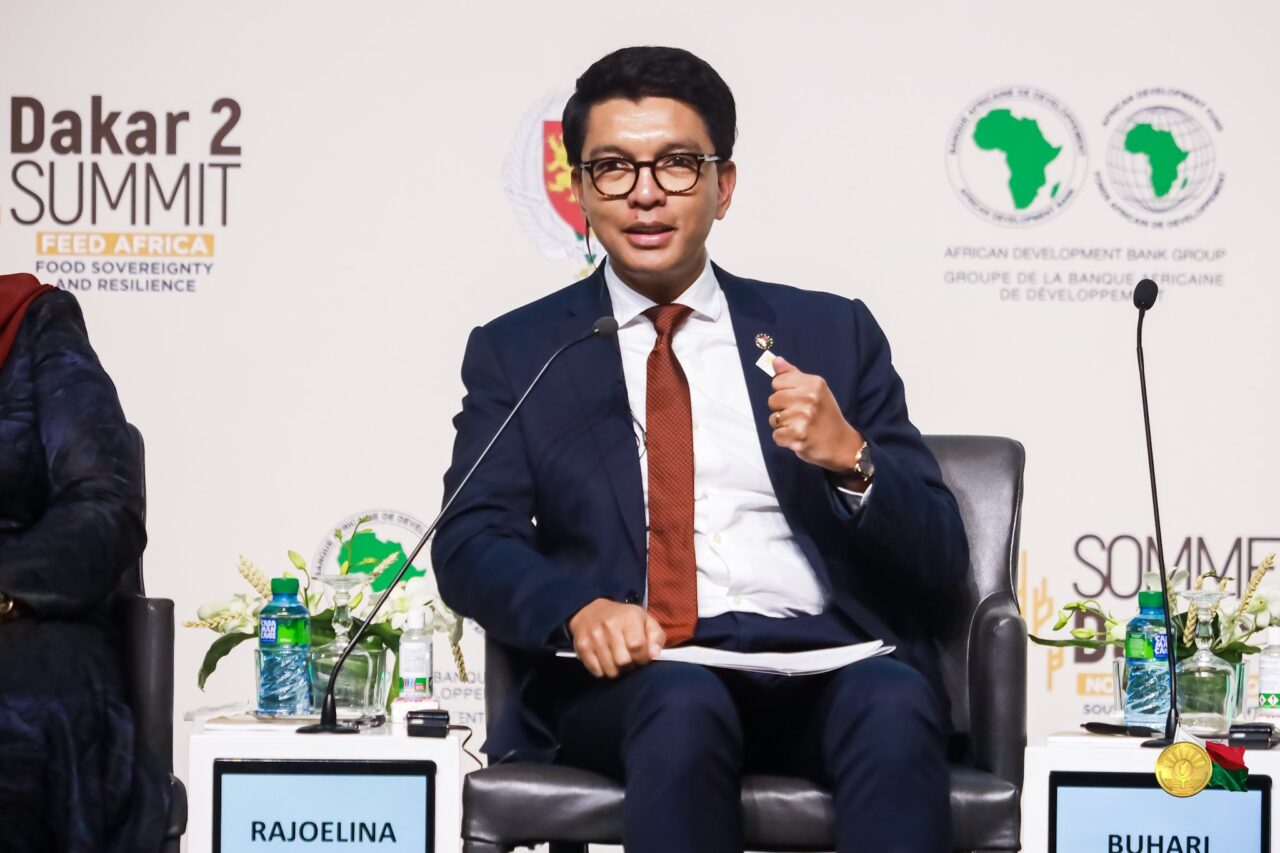Players in Madagascar’s private and public sectors are attending a crucial workshop in Antananarivo as the nation considers ratifying the African Continental Free Trade Area (AfCFTA) agreement.
According to a statement from AfCFTA’s spokesperson on Tuesday, August 15, Madagascar is yet to ratify the implementation of the AfCFTA agreement despite being among the first signatories and, as such, the workshop is seen as a step forward in the journey to realize an integrated market.
The workshop was requested by the island nation’s Ministry of Industrialisation, Trade and Consumption which has been at the center of the ratification process as the nation looks to bolster its trade ties and benefit from the integration.
Potential Maritime Benefits
With its population of 26 million people, the island nation is eying the opportunity to capitalize on the 1.2 billion consumers in the AfCFTA market for its products.
What’s more, the nation is also poised to put to advantage its vast coastline through the projected maritime economy boom in the AfCFTA era as well as open up its underutilized sectors to foreign investors.
However, the implementation could also pose challenges such as protection of local businesses and rules of origin hence explaining the hesitation in ratifying the agreement and the need for a multi-sectoral discourse.
The AfCFTA Promise
The AfCFTA is advanced as a significant catalyst to the continent’s economic growth and is estimated to increase Africa’s income by $450 billion by 2035.
Through the relaxation of cross-border trade barriers, the agreement is projected to boost intra-African exports by up to 81 percent and increase trade among Africans.
In addition, the integration is designed to stimulate production in sectors such as manufacturing and agro-processing through the development of regional value chains.
As of March 2023, 46 out of the 55 countries in Africa had ratified the agreement and deposited the instruments of ratification with the African Union Commission.

